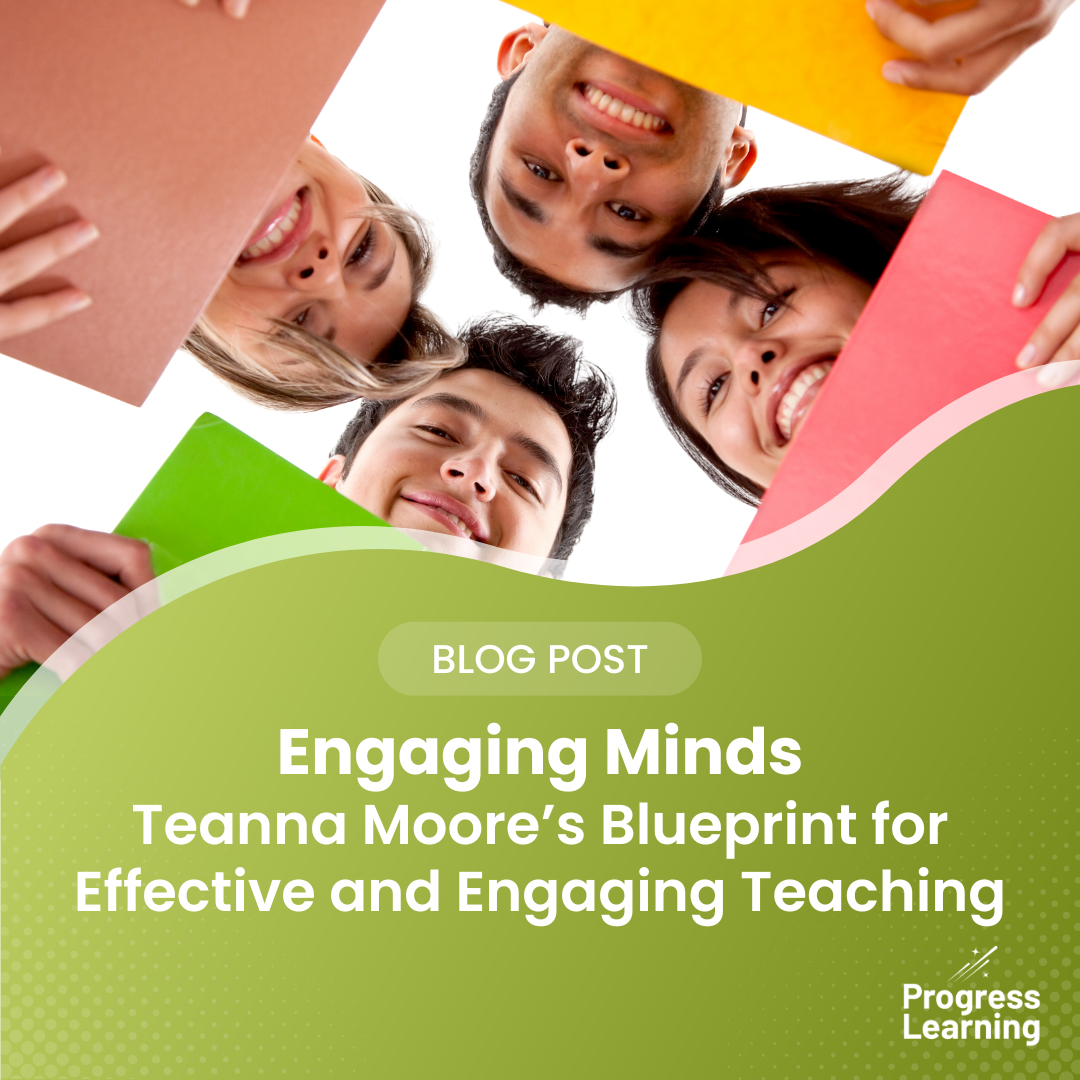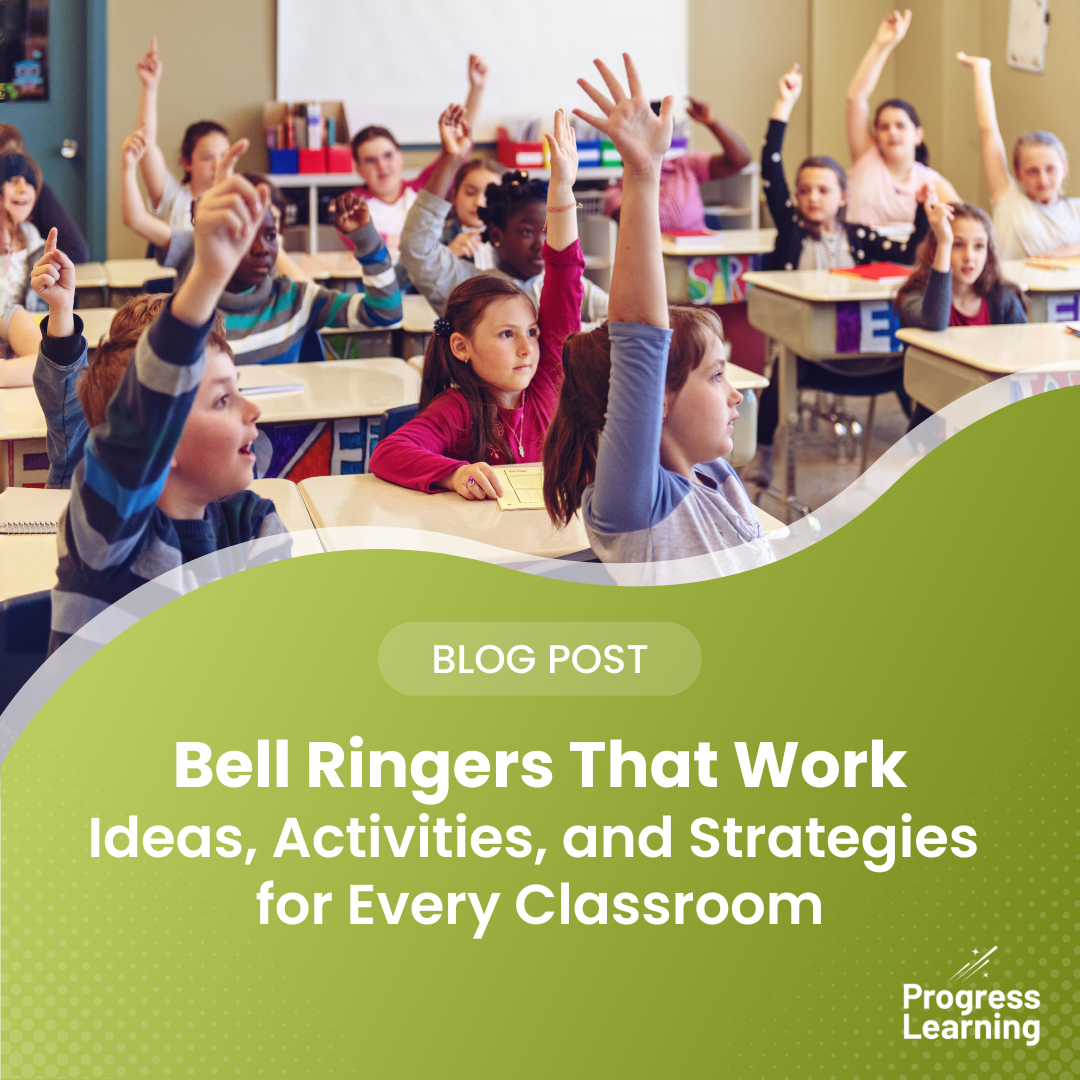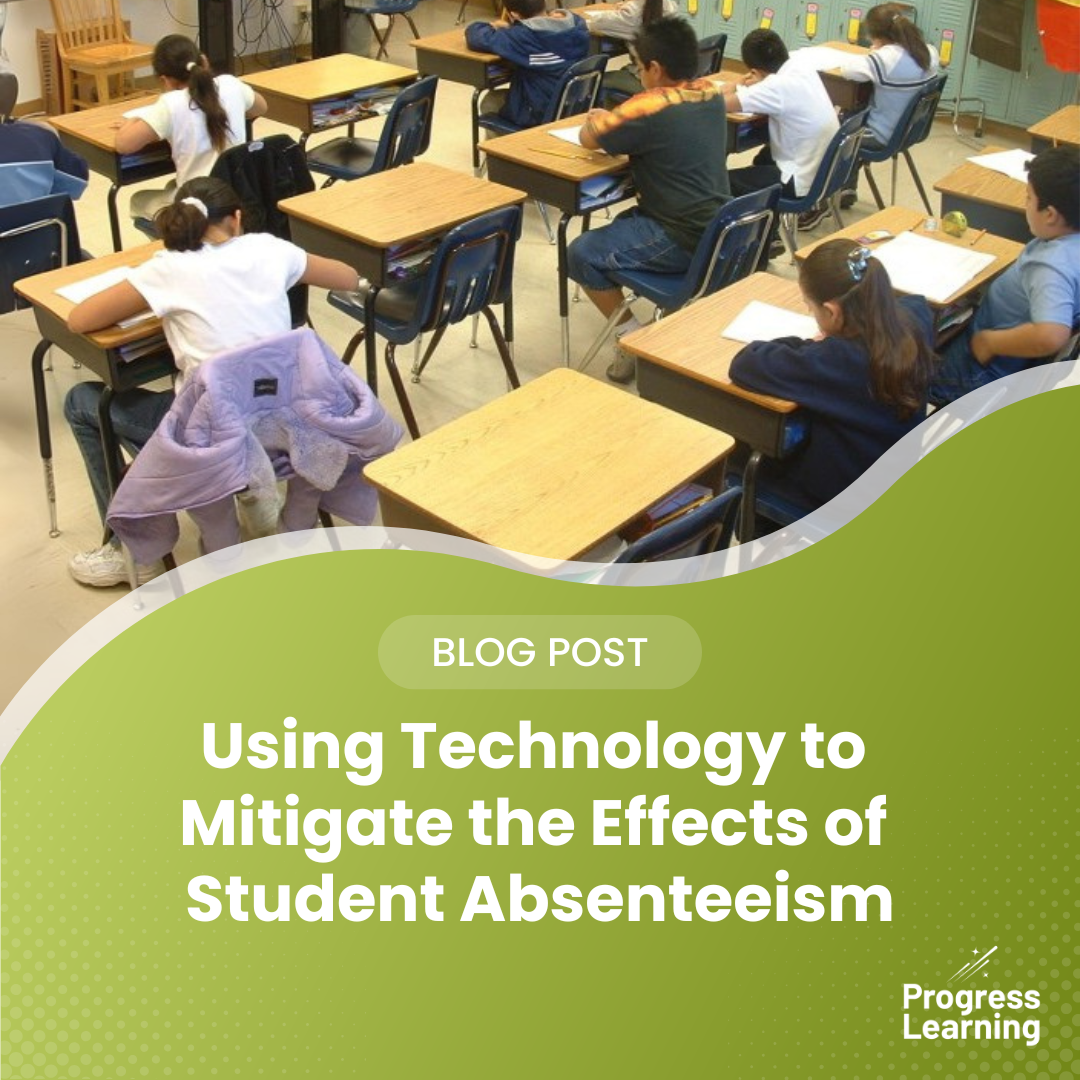Intervention Strategies for Science: Helping All Students Succeed
When educators talk about intervention, most immediately think of reading or math—and for good reason. These subjects are tested early, often, and heavily weighted in accountability systems. But science, the subject that teaches students how to question, reason, and explore the world, is too often left behind in the intervention conversation.
That needs to change.
Why Is Intervention Critical in Science?
From a pedagogical standpoint, science is cumulative. Students must grasp foundational concepts like force and motion or ecosystems before they can move on to more advanced topics such as genetics or chemical reactions. A missed concept in third or fourth grade can reverberate for years, especially as students progress to middle and high school where content becomes more abstract and rigorous.
In our recent webinar Unlocking Science Success: Making Intervention Actionable with Data, Senior Academic Manager Melanie Sherman, put it best: “If we don’t catch students early in science, they don’t just lose one concept—they lose access to the next layer of learning. And that has long-term consequences.”
The Problem: Science Often Comes Too Late
Many schools begin formal science instruction later than other subjects, often not until third or even fourth grade. This puts students behind before they’ve had a real chance to succeed. Couple that with less instructional time, a shortage of science-certified teachers (especially at the elementary level), and fewer resources dedicated to intervention in science—and you’ve got a recipe for missed opportunities.
Unique Challenges of Science Intervention
Intervention in science is not the same as in math or reading. It brings unique pedagogical and logistical challenges:
- Delayed Start: Foundational instruction often begins later than in other subjects.
- Limited Teacher Background: Many teachers feel less confident teaching science content, especially outside their certification area.
- Reduced Instructional Time: Compared to reading and math blocks, science often gets squeezed in or rotated.
- Test Timing and Emphasis: Science is often tested only at benchmark years (e.g., 5th and 8th grade), so schools may prioritize intervention in subjects tested annually.
These realities mean that intervention in science must be both efficient and effective. It must prioritize key standards and deliver remediation in a way that engages students and builds confidence.
What Effective Science Intervention Looks Like
At its core, effective intervention relies on a simple but powerful cycle: identify learning gaps, target instruction, monitor progress, and adjust. In science, this framework still applies—but with strategic adaptations to match the content and student experience.
Here are several strategies that support science intervention at scale:
1. Use Diagnostic Data to Drive Action
A well-designed diagnostic gives teachers the data they need to determine which standards students haven’t mastered. But too often, that’s where the process stops. With Progress Learning, the diagnostic isn’t just a snapshot—it’s a launchpad.
Progress Learning’s Liftoff adaptive intervention tool (now available for science in FL, GA, TX, SC, and NGSS states nationwide) allows schools to turn diagnostic results into individualized remediation paths. Instead of reteaching entire units, teachers can focus on exactly what each student needs.
2. Embrace Differentiated Instruction
Science isn’t a one-size-fits-all subject. Some students thrive with models and visuals; others need to build, explore, and question. Intervention must honor these learning styles.
Incorporating multimedia lessons, simulations, and scaffolded assessments—as Progress Learning does with instructional videos and gamified practice—can help close knowledge gaps in a way that feels engaging, not remedial.
3. Make It Hands-On
Science is about doing, not just reading. Real-world and hands-on examples deepen understanding and make concepts stick. In intervention, this could mean combining virtual instruction with classroom labs, STEM kits, or observation-based journaling.
Even when time is limited, something as simple as asking students to predict and test outcomes using simulations (many of which are embedded in standards-aligned tools) reinforces scientific thinking.
4. Use Group Learning to Encourage Collaboration
Group and partner activities promote deeper understanding and allow students to process concepts through discussion. Students struggling in science often benefit from hearing peer explanations and working collaboratively to investigate and solve problems.
Whether it’s collaborative inquiry-based projects or peer review of science arguments, these structures reinforce both content and communication skills.
5. Reinforce Vocabulary and Reading Comprehension
Science is dense with academic language—terms like “photosynthesis,” “erosion,” or “molecule” often trip up students who may be strong in hands-on learning but weaker in reading comprehension.
That’s why Progress Learning weaves in literacy strategies within our science content, ensuring students are not just engaging with concepts but also building the vocabulary and comprehension skills they need to understand texts and assessments.
The Role of Technology in Science Intervention
Technology isn’t a silver bullet—but when used intentionally, it can transform science learning. At Progress Learning, we’ve designed our science content to reflect the rigor and format of real assessments while still engaging students through features like:
- Custom and Pre-Built Assessments that mirror state science tests.
- Gamification Elements like Galaxy Stars that reward mastery.
- Immediate Feedback so students learn in real-time.
- Data Dashboards that help teachers make instructional decisions quickly.
We believe technology should empower both teachers and students, and that’s exactly what happens when schools implement Progress Learning with fidelity.
Bringing It All Together
Science intervention must be intentional, strategic, and student-centered. With tools like Progress Learning’s Liftoff and standards-aligned assessments, schools can:
- Identify learning gaps early
- Deliver personalized, engaging remediation
- Reinforce both scientific knowledge and academic language
- Monitor progress consistently
And importantly, they can do this with content that’s aligned to NGSS or your specific state standards, whether you’re in Florida, Texas, Georgia, South Carolina, or beyond.
Ready to empower your science learners and close the gaps before they widen? Let’s talk about how Progress Learning can support your team in making intervention actionable and impactful. Get a demo of our science intervention program below.


